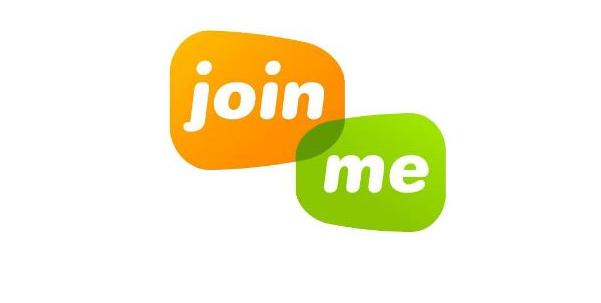Top 5 Conference Call Solutions For Your Business Conferencing

Google “conference call solutions” and you”ll get in the neighborhood of 63 million hits. There certainly aren’t that many products for getting multiple people on a call out there, but when you”re trying to choose one to use while you”re out of the office, it can feel like there”s a bewildering number of options.
So how do you find the right tool for you? You can consult a host of bloggers, tech sites to start your search, but to get the real nitty gritty on how common solutions perform on the ground we went right to the source, emailing a handful of CEOs and founders with remote teams to ask them what they’ve tried, what they use regularly, and what they see as the pros and cons of the various conference call solutions. Here”s what they said:
Skype
Well-known, free (or cheap) and easy to use, Skype is the first port of call for nearly everyone we talked to. “We use Skype for ad hoc calls, including video conference calls,” reports Mat Atkinson, CEO of proofing tool start-up ProofHQ whose team is spread around the world, in a typical response. Why is Skype the go-to choice for Atkinson”s company? “The immediacy is very powerful and it is very easy to bridge calls between Skype users and people on landlines or mobiles. Also, the ability to combine IM with voice works well,” he explains.
But just because Skype is ubiquitous doesn’t mean everyone is 100% satisfied with it. “Skype can become a bit unstable if there are more then three or four people on the call and we are using video,” complains Atkinson. Shane Pearlman of dispersed digital agency Modern Tribe agrees, noting that while Skype is easy to use, it “has some real issues with video and bandwidth.”
Google Hangouts
When Skype isn’t working out, Pearlman also sometimes uses Google Hangouts to connect with his team. Like Skype, the advantages with Hangouts are the ease of use and multi-person video, but also like Skype there are frustrating hiccups to contend with. Pearlman notes it”s, “more annoying to initiate as there is no great client.” Paul Miller, founder of the entirely remote Digital Workplace Forum, agrees about the drawbacks of Hangouts. “We used Google Hangouts for the video which is very neat, but we’ve have found the call quality fragile so we have now ditched it,” he told WorkSnug, though Miller remains optimistic – he “suspects it will improve over online roulette time.”
Balancing out these negatives, Hangouts “handles low bandwidth situations better” and “allows broadcast when the max attendee number (11, I think) is reached,” according to Pearlman.
Join.me
Screen sharing tool Join.me was also frequently mentioned. Sara Sutton Fell, founder of virtual jobs site FlexJobs, which also runs with an entirely virtual team, says that after much experimentation it”s her company”s preferred choice. “We have evaluated ten or so different conference call solutions, actually implemented and tried three of them over the years (FreeConferenceCall, GoToMeeting, and Join.me),” she writes. “To be honest, all have had technical problems to some degree. However we”ve been the most satisfied with Join.me. Although the client support leaves room for improvement, the costs are more reasonable and offers 250 people to join the call (compared to 15 or 25 with GoToMeeting, for a far higher price).” Pearlman agree Join.me is “best for screen share audio.”
GoToMeeting
Sutton Fell may have tried and discarded GoToMeeting, but the service still has plenty of users, among them Atkinson, who turns to the product for calls to more folks than Skype can handle. “We use GoToMeeting for more formal calls with higher volumes of participants,” he says, though he”s far from 100% satisfied with the service: “GoToMeeting dialing numbers can sometimes be unreliable and it is quite frustrating when a customer can”t connect.”
InterCall
The DWF”s Miller was an outlier in offering a fifth option. Though his team, like nearly everyone else, uses Skype for informal and one-on-one chats, “we use InterCall conferencing for voice calls,” he says.
And the Dark horse contender…
Though none of the bosses mentioned it as a current favorite in the conference call service stakes, sleek new virtual meeting offering Meetings.io may be worth watching. Free and dead simple to use, the Y Combinator backed start-up has been getting great reviews and managed to rack up more than 100,000 users in a matter of a few months. It also received a Twitter shout-out from Spotify”s hacker advocate earlier this year, who, after trying it out, wrote: “Forget Skype and Google hangouts.”









